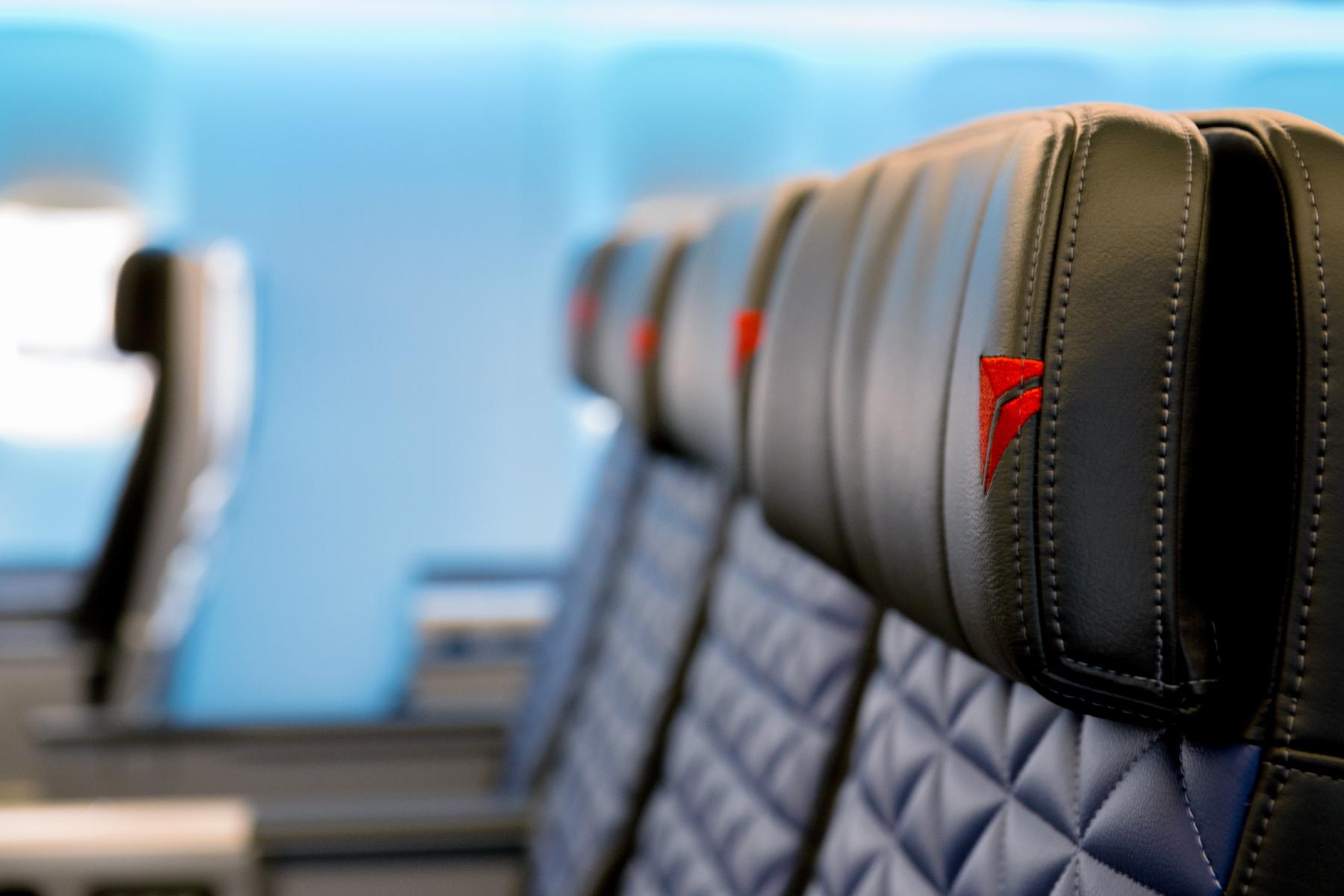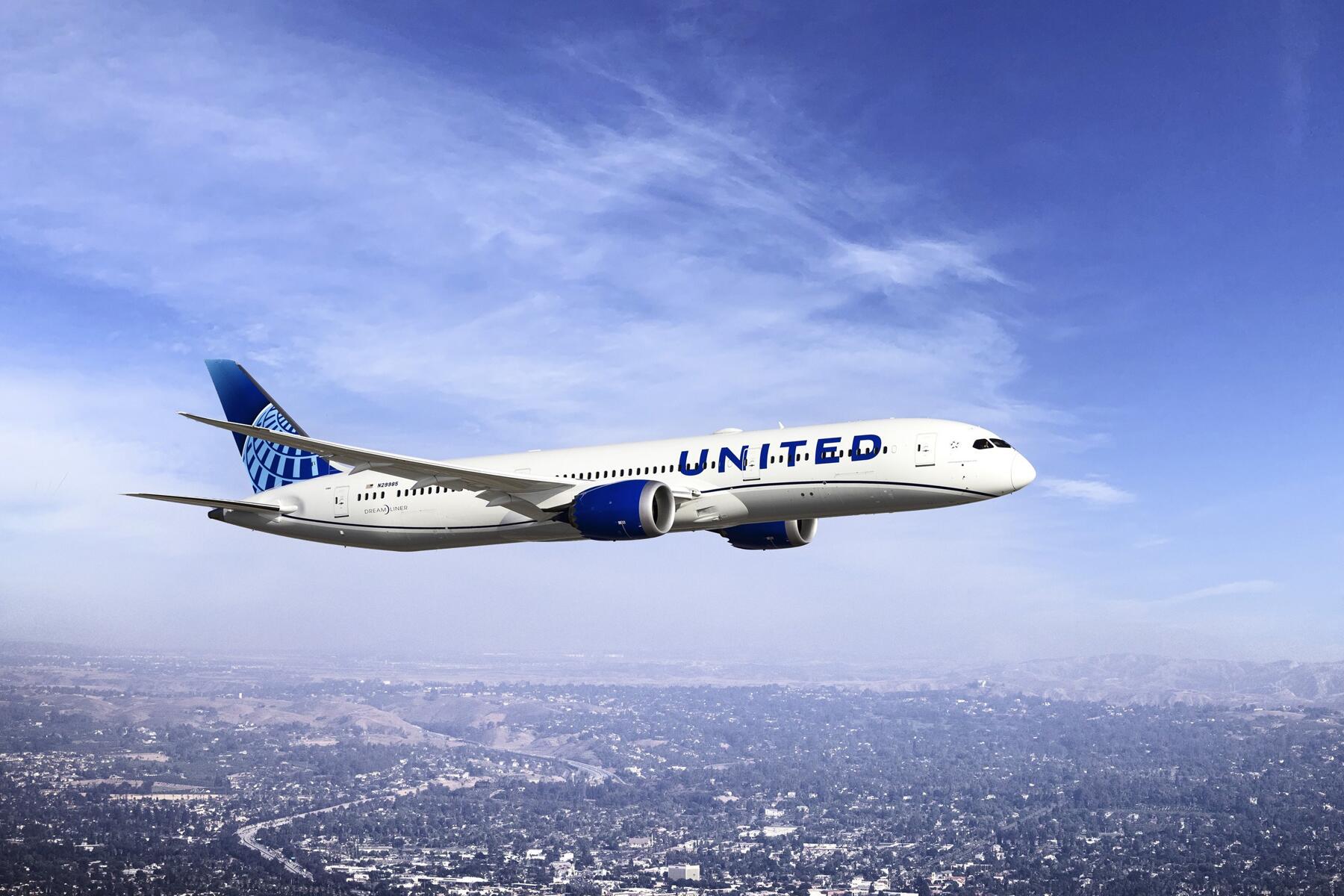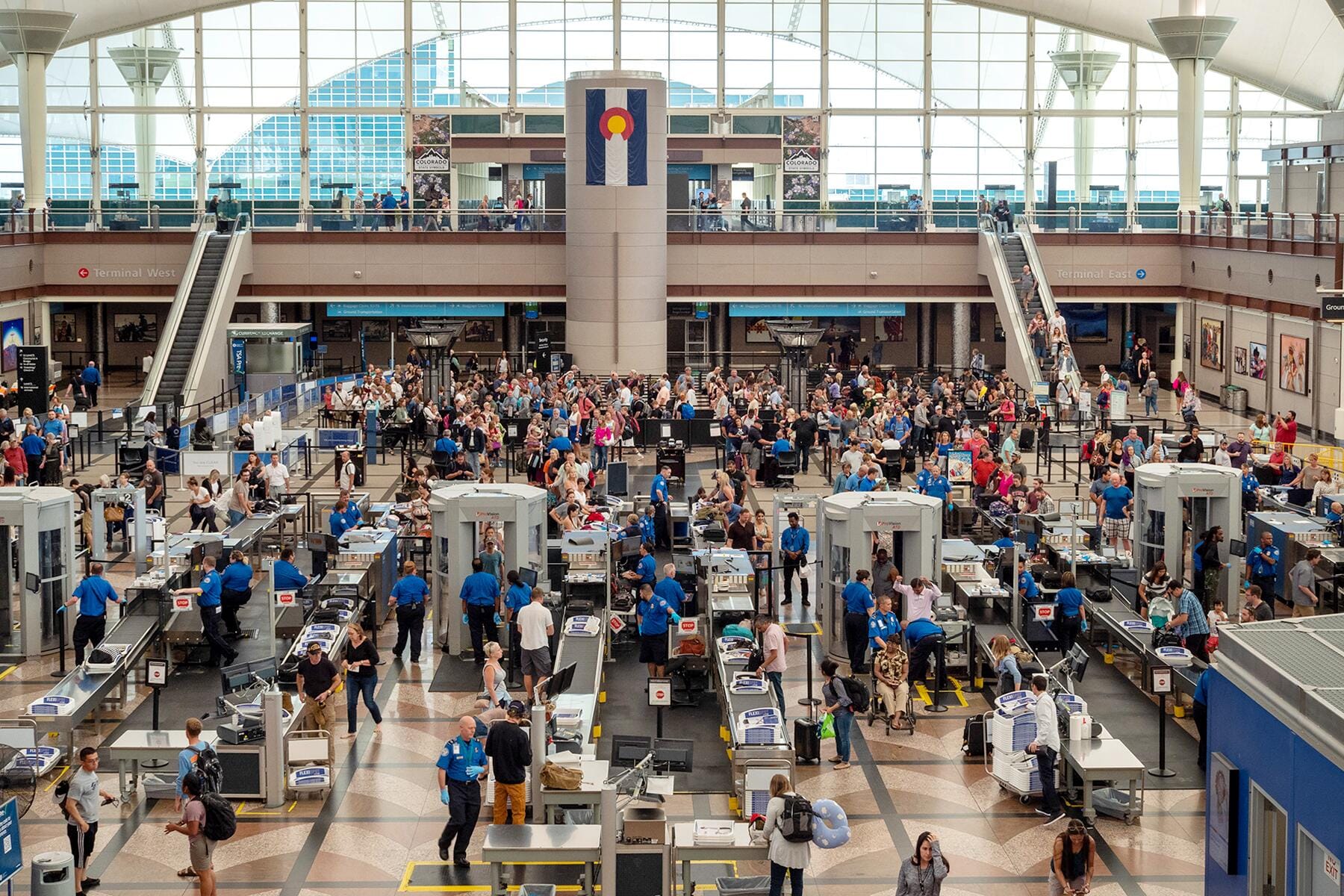Whether you have traveled once or a dozen times, moving through the TSA checkpoints can be nerve-wracking, even if you’re enrolled in a trusted traveler programs that expedite the process.
Before I enrolled in TSA PreCheck, as I approached the security line, so many questions ran through my mind: Do I have anything that could be considered a weapon? Are all my liquids together?
Then there’s the whole ordeal of removing shoes, electronics, and other items from your bags and re-packing before heading to your gate. Plus, the fast-paced environment is often crowded and loud. It feels like you are rushing through the process. For those travelers with medical conditions, sensory issues, language barriers, or anxiety disorders, it can be overwhelming to go through security checkpoints. Fortunately, there is a solution.
What Is TSA Cares?
TSA Cares is not a new program. It launched in 2012 and was created for individuals who can use additional support to get through the security process. If you or a fellow traveler have a disability, medical condition, or other unique situation, this program is for you and is available at airports nationwide. Travelers get escorted through the screening process with the assistance of a passenger support specialist (a trained TSA agent). This program is limited to support at security checkpoints. If you need help obtaining a wheelchair, check-in, or getting to the gate, that is handled directly through your airline. TSA Cares is also a different program than the service provided for injured veterans and service members. Those individuals should contact the Wounded Warriors program for any travel needs.
Top Picks for You
Recommended Fodor’s Video
Who Can Use TSA Cares?
If you or someone you are traveling with can benefit from having security assistance, you can use it. Per the TSA Cares online form, the following are examples of travelers who may need to use TSA Cares and a passenger support specialist:
– Passengers with difficulty standing or waiting in line.
– Passengers who may have difficulty following instructions.
– Passengers with mobility limitations and/or mobility aids or support devices.
– Passengers with internal/external devices or other concerns that may affect their ability to use screening technology.
– Passengers transporting medically necessary liquids, gels, and aerosols that are over 3.4 oz.
– Passengers traveling with a service animal.
– Passengers having difficulty understanding and communicating in English.
– Passengers traveling with religious or cultural items.
– Tribal travelers with cultural, sacred items and/or regalia.
– Passengers with concerns regarding screening for transgender and gender-diverse individuals.
How to Request TSA Cares for Your Travels
For flights within 72 hours, you will call the toll-free number at (855) 787-2227 for assistance requests. Representatives are available Monday-Friday from 8 a.m. to 11 p.m. EST. On weekends and holidays, the hours are 8 a.m. to 8 p.m. For other flights, you can complete the TSA Cares form online. You can also request help at the checkpoint before you start the security screening process.
Recognizing that it can sometimes be a nuisance to ask for help or continuously explain a medical condition or disability, notification cards are available online to download. TSA notification cards can assist you in discreetly informing TSA agents of your disability, medical devices, or medical conditions that could affect the security screening process. Another adaptive travel aid is the sunflower lanyard. These free lanyards signify a hidden disability and alert others that you may require some assistance. If your local airport participates in this program, you can stop at the information desk to get one.




Better in some US airports more than others. I used to use this service a lot when my two severely autistic sons began travelling with me, but now we don't need it they are such pros! Fifty states and 22 countries later!